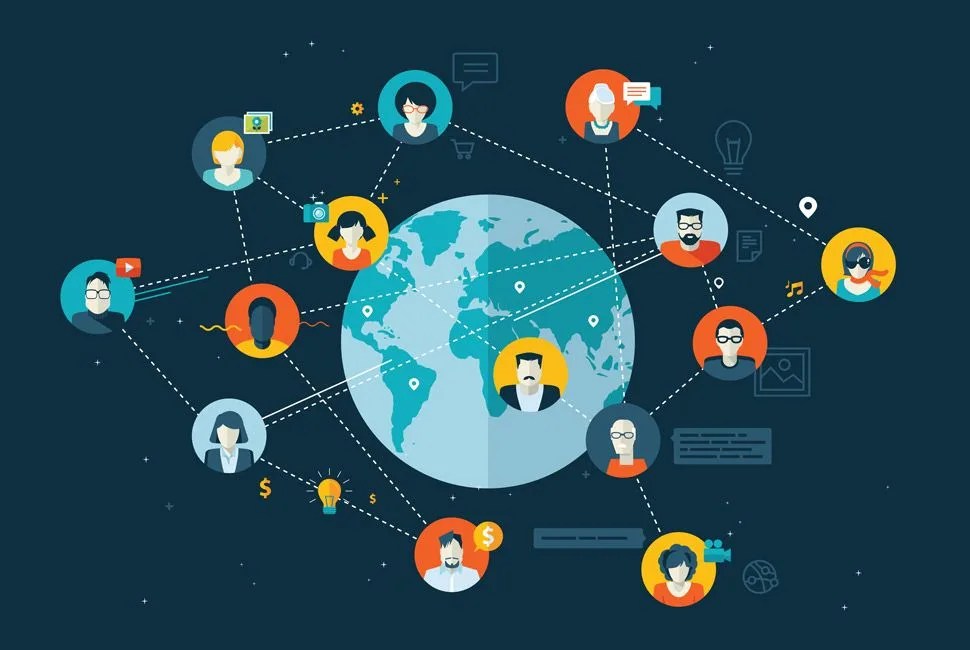??CRYPTED
Editor’s Note: For most of us, the wide world of technology is a wormhole of dubious trends with a side of jargon soup. If it’s not a bombardment of startups and tech trends (minimum viable product, Big Data, billion-dollar IPO!) then it’s unrelenting feature mongering (Smart Everything! Siri!). What’s a level-headed guy with a few bucks in his pocket supposed to do? We’ve got an answer, and it’s not a ?+Option+Esc. Welcome to Decrypted, a new weekly commentary about tech’s place in the real world. We’ll spend some weeks demystifying and others criticizing, but it’ll all be in plain English. So take off your headphones, settle in for something longer than 140 characters and prepare to wise up.
The brightest minds of the roaring ’20s figured that we, as a society, would be doing things very differently by the time 2015 rolled around. John Maynard Keynes, in particular, thought he had it all figured out. In a famed essay entitled “Economic Possibilities for Our Grandchildren” (1928), he presented a theory whereby we’d be working far less and relaxing far more. After all, our society created all sorts of technological advancements intended to help free up more of our time. Machines handled routine tasks and increasing telecommunication killed the need to relocate just to talk. Logic dictated that all of the freed time would be returned to those who created it. If society figured out how to accomplish a full day’s worth of work in half the time, well then, that meant half a day of leisure.
Except it hasn’t panned out as such. Instead, we still find ourselves engaged in overwork, and so we look to the next rendition of Keynesian optimism for our future — this time with the so-called sharing economy. Shared resources promise to make more services and stuff more freely accessible, and by making everything convenient to access and pricing them at lower costs, the difficulties of modern life can be alleviated (so the thinking goes). As sharing apps make more cars and rooms and people and toys available and monetized, we’ll achieve a better life.
A Tale of Two Shares
Assessing broadly, the sharing economy breaks down into two categories: shared services and shared goods. Shared service platforms, like Uber or TaskRabbit, use people trained in a certain trade and make them available to anyone within the local sharing community. Those workers are essentially freelance workers using the platform to source work: driving cars, putting together Ikea furniture, et al. Workers can be specialized and highly trained professionals who work long hours every week, or someone looking to pick up hours with entry-level skills.
“Uber is so much easier. I don’t have to wait for calls to be handed down. I just tap a button and I have a rider. I make much more money in far less time.”
In talking with Uber drivers, I found most are positive about their work. I spoke to one Uber driver in Seattle who relocated to America after growing up in southeastern Africa. Prior to the invention of Uber, he worked for an executive car service. “Uber is so much easier”, he said. “I don’t have to wait for calls to be handed down. I just tap a button and I have a rider. I make much more money in far less time.”

